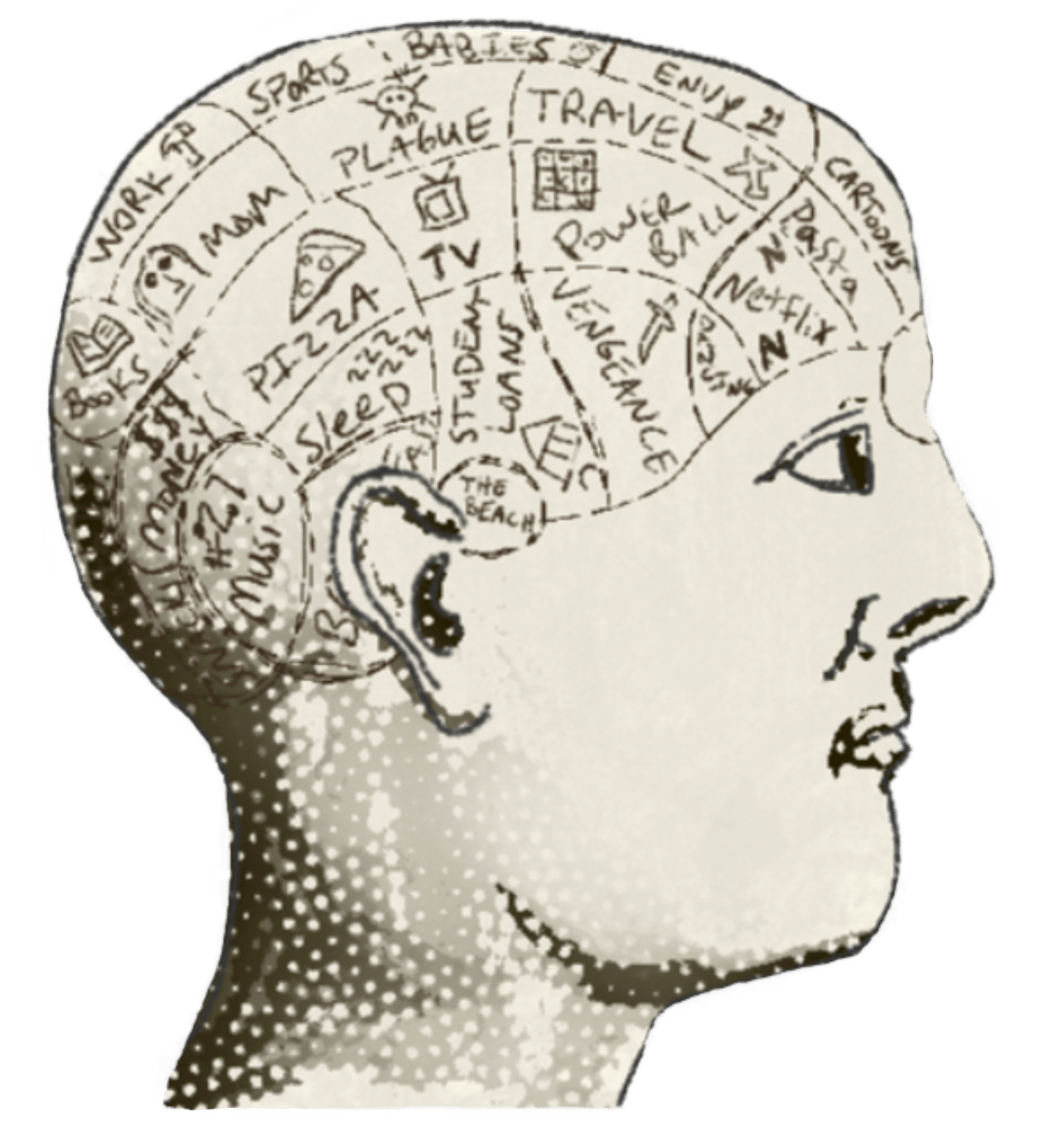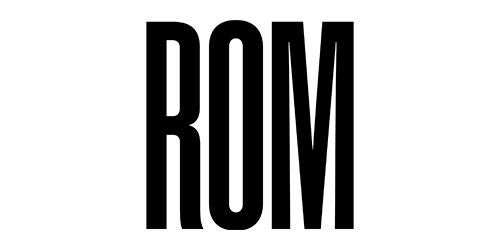MUSEUMS AS
Progress
Engagement
Museums as Progress (MaP) helps cultural organizations identify and achieve their strategic objectives through Progress-Space Research.
What is Progress-Space Research?
Progress-Space Research (PSR) defines people in terms of their goals rather than demographics. PSR is based on the understanding that efforts to engage demographic groups often reinforce stereotypes.
Unlike market research, PSR is not focused on current or likely audiences' stated opinions and preferences. Unlike evaluation, PSR is not limited to improving existing museum offerings for existing audiences. Instead, Progress-Space Research uncovers the diverse perspectives of how people approach a goal that matters to them and generates insights into how a museum can use its resources to support those different mental models.
We sometimes refer to PSR as Opportunity Research because of its future-focused, strategic value. MaP’s approach is rooted in the work of other researchers and strategists, including Indi Young, Teresa Torres, and Richard Rumelt.
Through seasonal research studies and collaborative programs, MaP helps museums:
Move beyond demographic assumptions to understand true motivations
Identify hidden opportunities for meaningful community support
Transform how staff think about and drive institutional progress
Build sustainable paths to genuine impact
Trusted by Forward-Thinking Cultural Institutions
What brings you to MaP?
I’d like our institution to …
It can be difficult to create a simple, specific, and flexible strategy that resonates with stakeholders. Programs like The Strategic Museum Exchange help museums question the assumptions inherent in traditional approaches to strategic planning without abandoning tried-and-true practices that produce desirable results.
Cultivating partnerships with like-minded community groups is a common and often effective way to build inroads with non-audiences. However, most partnerships begin by defining groups on demographic terms, and demographics can reinforce the stereotypes that have fueled fractured relations in the past. Progress-Space Research breaks that cycle by redefining people based on their goals and providing a repeatable process for intentional listening.
Traditional approaches to museum professional development follow a familiar pattern: Staff attend occasional conferences or workshops, absorb information out of context from their daily work, return inspired but struggle to implement new ideas, and the cycle repeats with minimal lasting impact. This model, born out of 20th-century constraints, prioritizes novelty over sustained growth.
MaP Academy takes a different approach. Through continuous learning experiences that integrate with daily work, hands-on practice with peers, and structured implementation support, your team develops the skills and frameworks needed to drive meaningful institutional change. Courses like Listening Deeply in Museums and Data Synthesis combine proven methodologies with practical application, ensuring new capabilities translate into real progress.
Not sure where to begin?
Answer six questions to see how MaP can support your museum’s progress.










